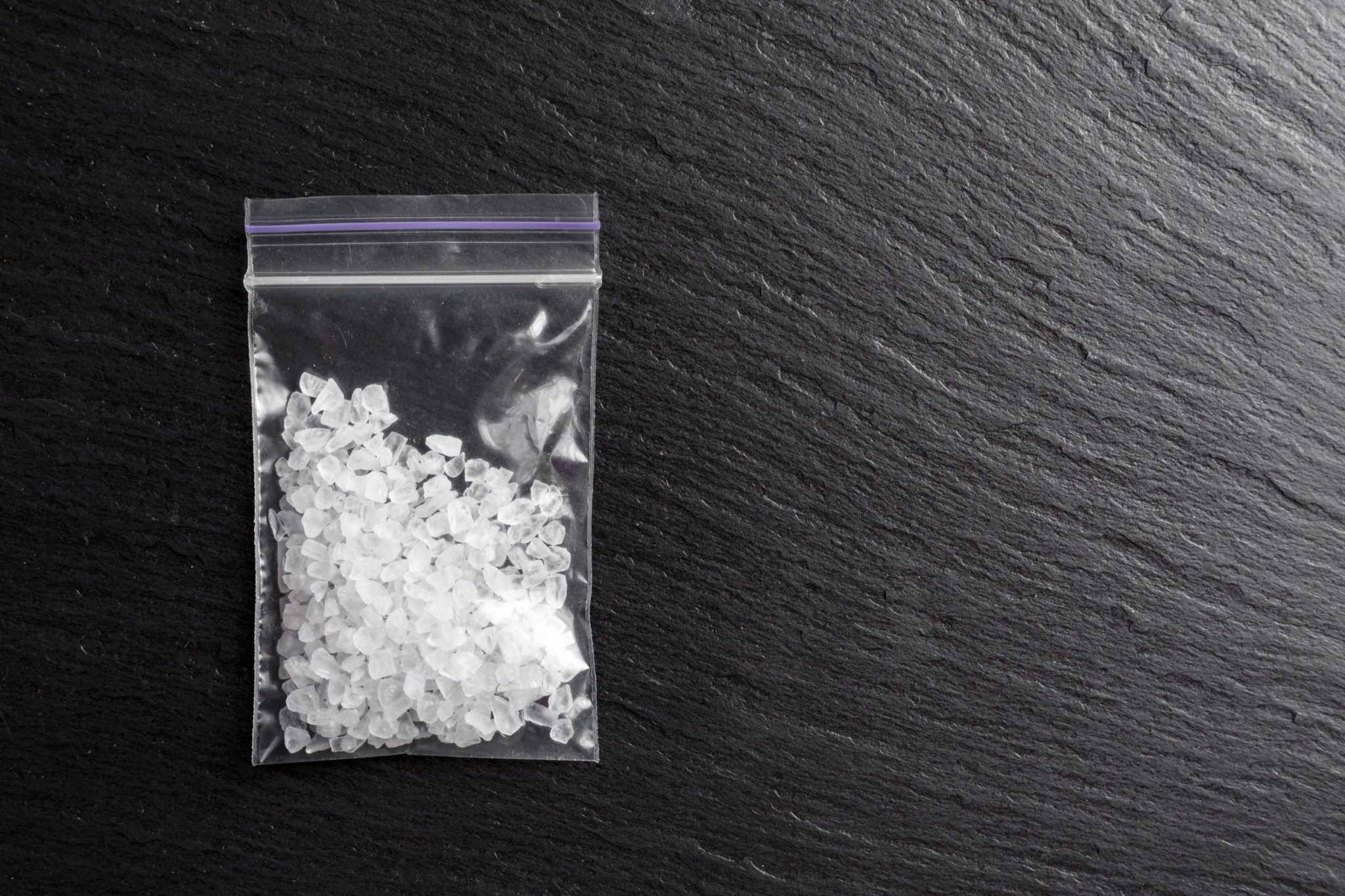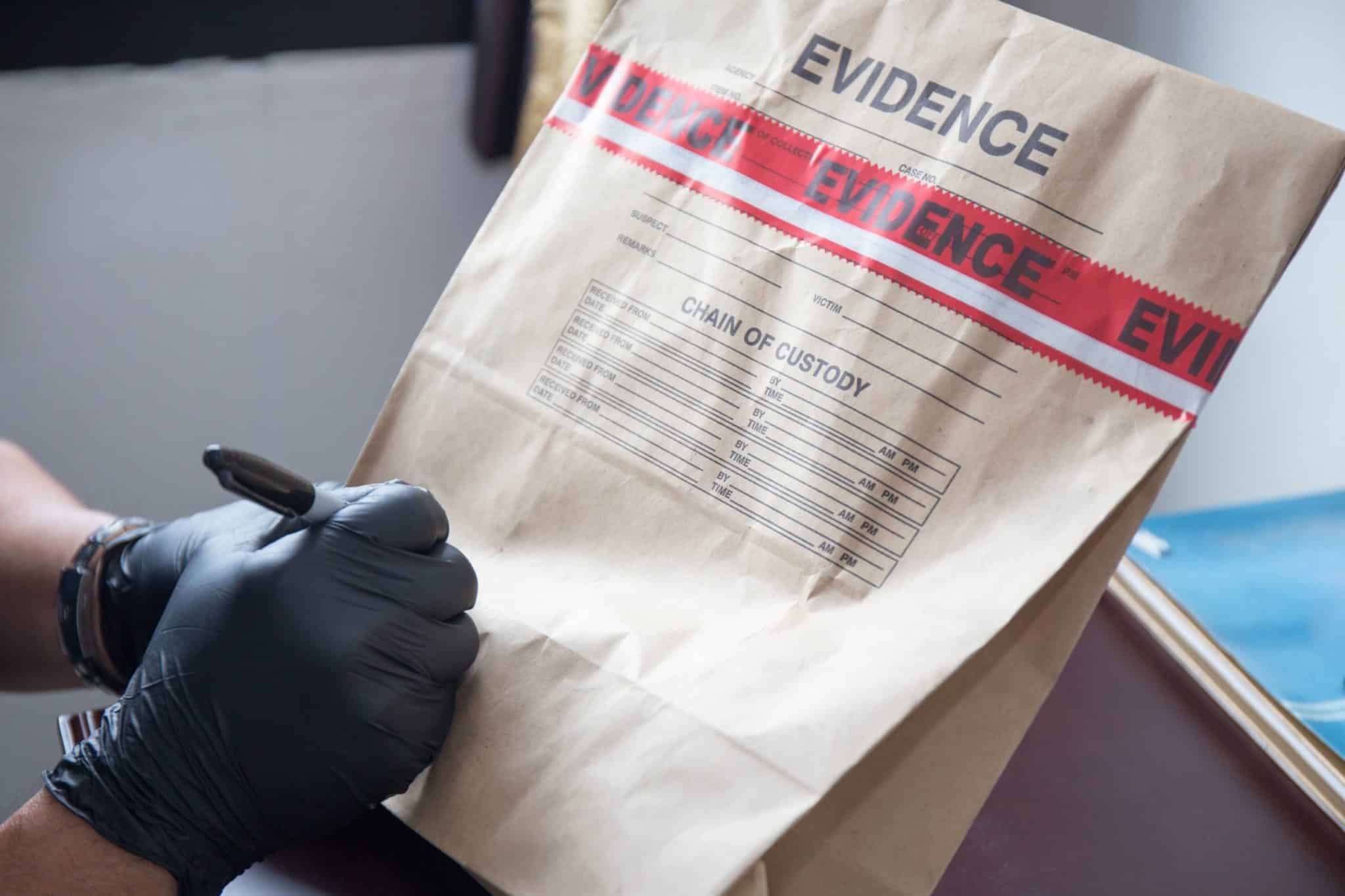Is the Evidence in Your IL Drug Case Bad?
Even in states like Illinois, where drug laws are more forgiving than in other places, being charged with possession of a controlled substance is a serious matter.
If you’ve been charged with possession of a controlled substance in Illinois, it’s vital to work with an experienced attorney who can help guide you through the details of your case. One detail that cannot be overlooked is the evidence the prosecution is attempting to convict you.
Will the evidence against you hold up in court, and is it really as bad as you may fear? Read on to learn more about how evidence is gathered and used in Illinois drug cases.
Drug Possession in Illinois
In the state of Illinois, a person can be charged with possession of a controlled substance in cases where two conditions are fulfilled:
- A controlled substance was on your person or in your domain
- In an amount that violates the Illinois Controlled Substances Act
To be convicted of this crime in court, the prosecution must show that the elements of drug possession were true beyond a reasonable doubt. These elements are:
- The substance was possessed knowingly
- The substance was, in fact, a controlled substance
- The substance was under the control of the accused, either actually or constructively
If you have any amount of a controlled substance in your possession, that can be enough to secure a conviction. However, the seriousness of the charges and the related penalties will depend on the substance in question and the quantity in your possession.

Drug Possession Laws in Illinois
Under the Illinois Controlled Substances Act, substances are divided into schedules, which are noted in Schedule I through Schedule V.
Drugs on Schedule I have no accepted medical use and a high probability for abuse, such as hallucinogens and some opiates. Schedule II drugs include methamphetamines, oxycodone, and codeine. Schedule III covers substances such as ketamine, certain steroids, and buprenorphine. Schedule IV is comprised of substances such as tramadol, alprazolam, and diazepam. Finally, Schedule V is made up of substances with a very small amount of narcotics, such as prescription cough syrup.
Substances on the first schedule will be punished more severely than those on Schedule V. The amount you also possess factors in. Often, the amount of the substance in your possession and the type of substance are the key pieces of evidence used against you in a drug possession case.
What Other Evidence Can Be Used Against You?
In a drug possession case, aside from the substance of which you were found in possession, there are other pieces of evidence that can be used to support the prosecution’s case.
They also must show that you knew the drugs were there and that you had some kind of control over them, meaning that: if they were not on you physically, they were found in a place that you had control over, such as your car or a safe for which only you know the combination. Drug paraphernalia is another piece of evidence that can support your possession of the substance.
How to Fight Back
Don’t assume that the case against you is simply open and shut. Instead, work with your attorney to help find holes in the prosecution’s case. A few of the common ways to defend against drug possession charges include:
Challenging the Search
It is quite possible that the initial search that revealed your possession of drugs happened unlawfully. Under the Constitution’s Fourth Amendment, you are protected from illegal search and seizure by law enforcement.
While drugs that are in plain view of law enforcement may be used as evidence to search you and your property more thoroughly, concealed drugs that are discovered without your permission to search or a warrant can be called into question. It may be possible to have this evidence thrown out if an illegal search and seizure occurred, which can make the case against you fall apart.

Ownership
If the substances in question didn’t belong to you, or you didn’t know they were in your custody, then a conviction may not be possible. Remember, one of the elements of drug possession is that you knowingly possessed the drugs. If you did not know they were there, then the prosecution may not be able to establish that you ever actually had legal possession of them.
If you’ve been arrested for drug possession in Illinois, you need an experienced attorney to help.
About the Author:
Andrew M. Weisberg is a former felony prosecutor who now serves as a defense attorney in the greater Chicago area. He has extensive experience handling all types of criminal cases, from sex offenses and domestic violence to retail theft-related crimes, murder, and drug crimes. His work has been recognized by Avvo, Expertise, National Trial Lawyers, and others, and he has been featured on countless news outlets for his experience and knowledge in criminal law.







 Blog Home
Blog Home 










